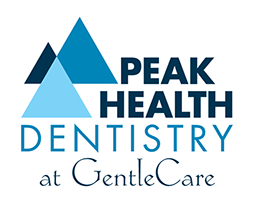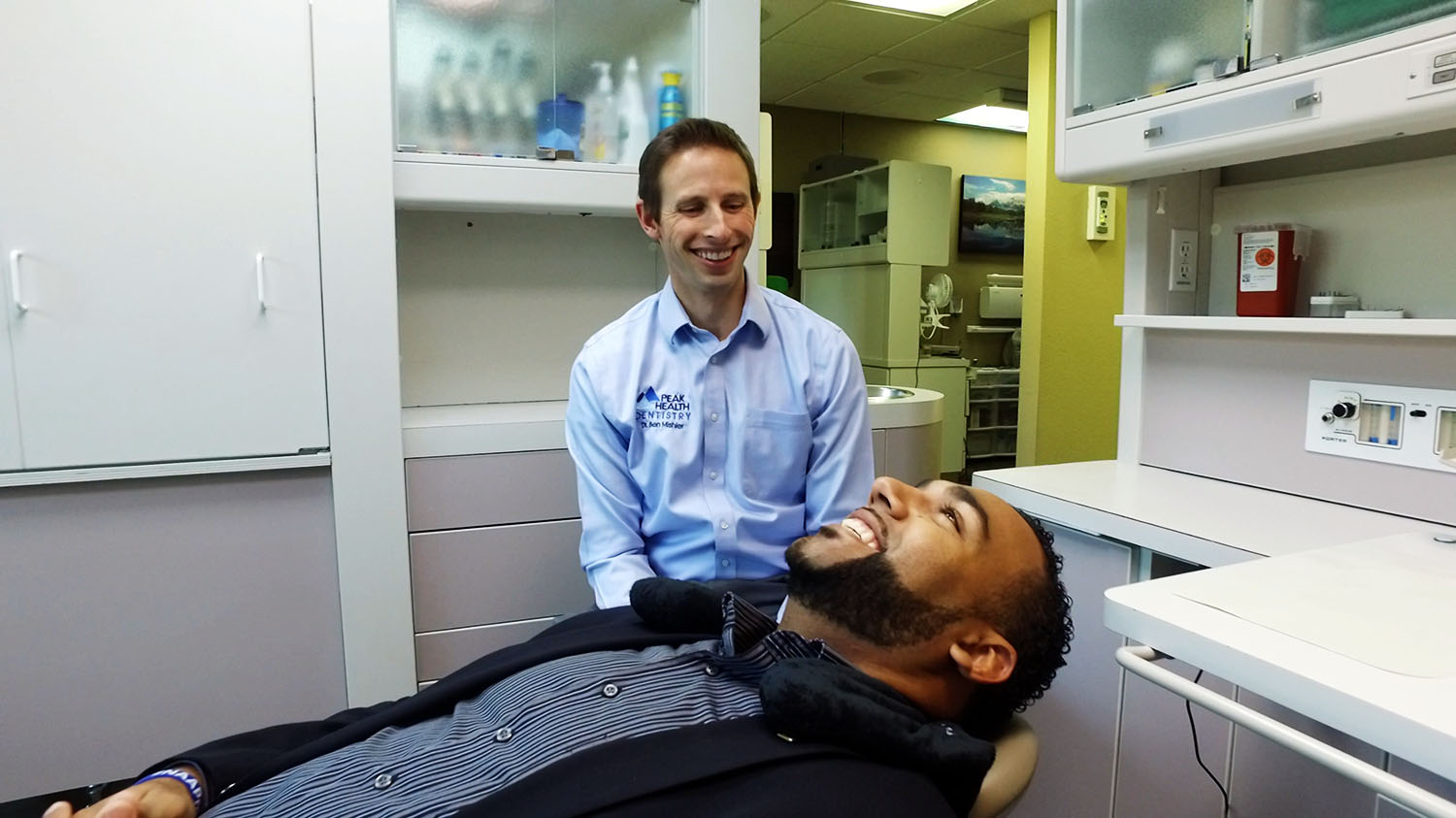Dr. Ben Mishler can take the fear and anxiety out of going to the dentist. Ask us about Sedation Dentistry and improve your dentist office visit!
What is a Tooth Extraction?
In dentistry, an extraction is the removal of a tooth. There are several reasons why we may recommend an extraction including:
Disease or infection of the tooth or gums
Trauma
Crowding
Sometimes your dentist will recommend that you have your wisdom teeth, or 3rd molars, removed to prevent future problems such as; bone loss, root resorption (which is the breakdown or destruction of the tooth’s root structure) and caries formation (tooth decay or cavities) of the 2nd molars, around the wisdom teeth. This will be recommended particularly if your wisdom teeth are not functional or you cannot keep them clean (they are hard to reach!).
What should I expect if I get an extraction?
Your dentist will begin by numbing the area where the tooth is being extracted, to minimize any discomfort. Then, he/she will advise you of a regimen to follow during healing. You can expect a small amount of bleeding. A blood clot will fill in the bone where the tooth root was.
Talk to us if you have anxiety about going to the dentist. We have options like Sedation dentistry that allows dental offices to assist in managing patients’ fears and phobias through anesthetics. Anesthesia is administered to a patient prior to having dental work done to dull pain, relax and ease anxiety. A sedation dentist’s techniques vary depending on the patient, work being done and often time age.
VIDEO: Using Technology to Make Wisdom Teeth Extractions
In dentistry, an extraction is the removal of a tooth. There are several reasons why we may recommend a wisdom teeth extraction including: Disease or infection of the tooth or gums, Trauma, rowding
How can I make my recovery easier?
Avoid anything that might prevent normal healing.
Don’t smoke or rinse your mouth vigorously.
Avoid drinking through a straw for 24 hours.
Follow the diet your dentist suggests.
For the first few days, if you must rinse, rinse your mouth gently.
If you experience swelling, apply a cold cloth or an ice bag and call your dentist right away.
Ask your dentist about pain medication.
You can brush and floss the other teeth as usual. But don't clean the teeth next to where the tooth was removed.
Tooth extractions, otherwise known as “pulling teeth,” along with modern dental procedures and follow up care will result in better overall health and comfort. Once a tooth is removed, there are many options we can discuss, including bridges, or getting a tooth implant.
This information is adapted from the American Dental Association.



